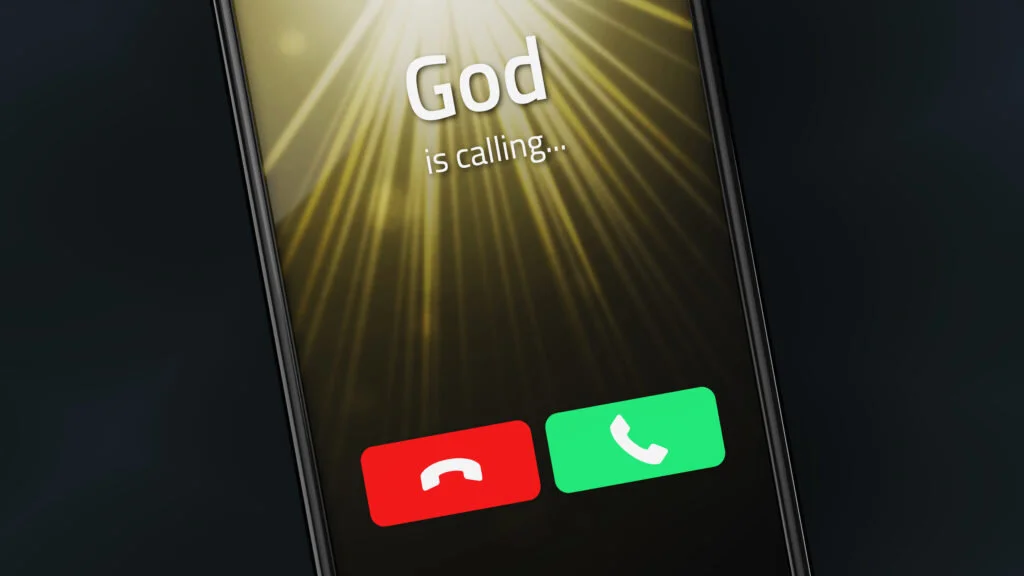For those who lived through Sept. 11, 2001, the drama of Todd Beamer and the heroes of Flight 93 has become an essential part of many anniversary rites.
Everyone remembers the final act, with Beamer aboard the hijacked plane, patched through to a telephone operator for a clandestine13-minute call. After learning about the World Trade Center attacks, Beamer and other passengers decided to try to seize control of the plane.
Finally, Beamer said: "Let's roll." That was the end of the call, moments before the plane -- now believed to have been headed to the U.S. Capitol -- crashed into a rural field near Shanksville, Pa.
That wasn't the whole story, of course. The young software salesman had also asked operator Lisa Jefferson if he could be connected to his wife, Lisa Beamer, and, if not, he shared a final message to her and their two sons.
"I was trying to get as much information from him as I could, and he told me to say the Lord's Prayer with him," said Jefferson, in a transcript of her talk days later with Beamer's wife.
"He wanted you to say the Lord's Prayer with him? … And you guys completed it?", asked Lisa Beamer.
"Top to bottom," said Jefferson. "He just said, 'Oh God, help me. Jesus could you please help me.' … He wasn't upset at all. He was very peaceful."
The details of the Flight 93 passenger revolt were soon made public -- a story of courage and sacrifice welcomed by a stunned nation.
"Todd became a hero, within 72 hours of his death," said Lisa Beamer, during a Wheaton College chapel service marking the 20th anniversary of 9/11. "I can only describe what happened next as divinely orchestrated chaos, and I do believe that.










